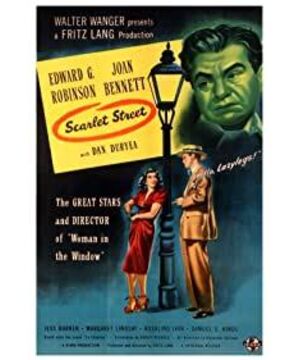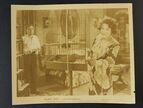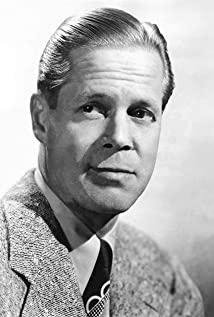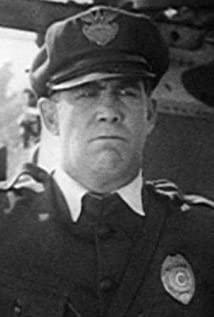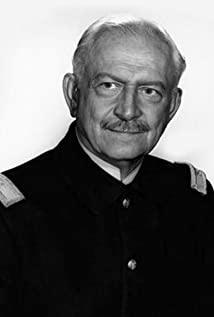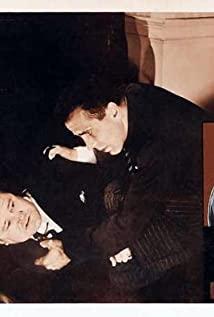More like a crime melodrama with noir elements. Influenced by Freudian theory, each character in the film is looking for a self, this self is disciplined, just like Johnny is extremely angry because others say he is "crazy", self-proof needs social recognition. And the identity of the male and female protagonists deceived by each other is also very interesting. The identity of the male protagonist lied to be his true self, the painting profession he loves; while the female protagonist lied that the identity of the model girl she shared with her was also what she wanted in her heart. Projection; the whistle that reappears at the end is also the boy's childhood hobby.
Audio-visually, the foreground occluded mirror, high-quality lens angles and action scheduling are all forward-looking, especially panoramic lenses are used well, the German director's black film is the real "noir directing".
The first half of the male protagonist's ego permeates the entire character relationship. Later, he kills and loses himself. This loss is more like his low self-esteem for his aging body. As a result, his painting skills were sold by himself, he lost the self that he had gained for a short time, and turned into an old man with nothing. This is also due to the desire of modern society for a young body and the fear of old age.
In particular, even if the whole story is taken as his obscenity, these metaphors are still true, which is really a superior work of black melodrama.
View more about Scarlet Street reviews


